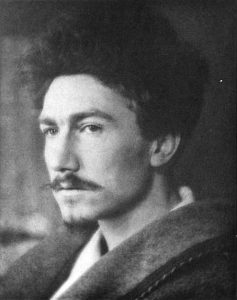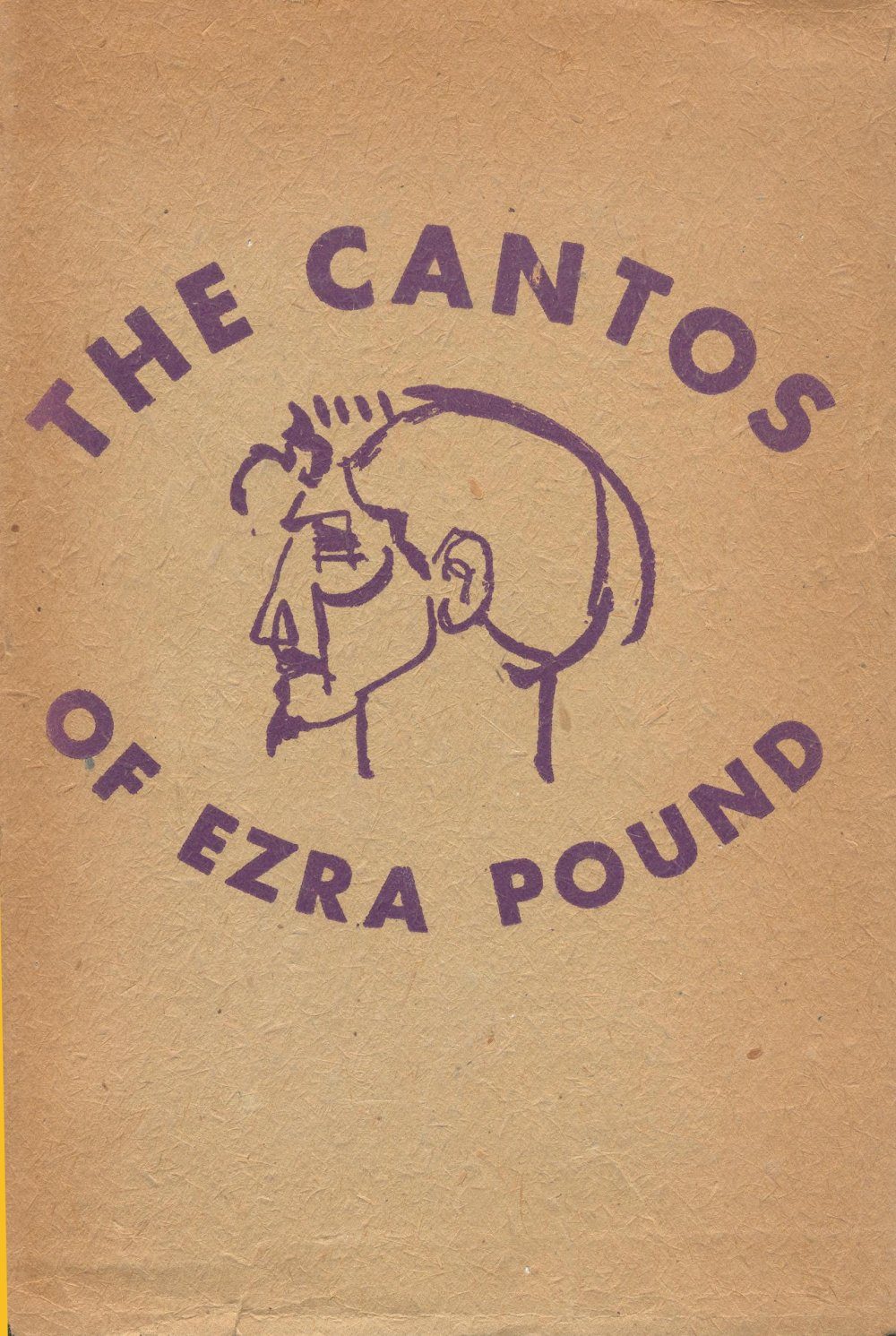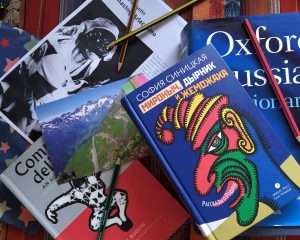

‘The Cantos and Pedagogy Forum’ in Volume 12 Issue 3 of Modernist Cultures consists of a research-length article by my colleague, Joshua Kotin, and myself, as well as responses by Charles Altieri, Alan Golding, Marjorie Perloff, and Michael Coyle and Steven G. Yao. Kotin and I question a critical consensus, namely that Ezra Pound’s epic poem is pedagogical, whether by default or design. Ours is a polemical position: we argue The Cantos is not pedagogical. The brilliant and different responses, written in isolation (so there was no ganging up on us), take us to task on a variety of points, and in doing so shift and extend the discussion in all kinds of fascinating directions. The model we had in mind for the forum was Steven Knapp and Walter Benn Michaels’ Against Theory, although on a smaller scale. Ironically, we wanted the whole thing to be, in Josh’s parlance, “teachable”.

I would like, again, to reiterate our gratitude to everyone who contributed to “The Cantos and Pedagogy” forum. It goes without saying that Josh and I have, figuratively if not literally, “gone to school” with Alan’s, Marjorie’s, Charles’s, Michael’s and Steven’s critical writing. The prospect, as we saw it, of getting them to think about our work, and in public, was and is thrilling. Without getting too soppy about it, we hope that our piece and the responses to it will foster debate that might extend beyond the confines of “Pound studies”, though we mean to contribute meaningfully there as well. Indeed, as Altieri’s response intimates, and as he himself proposed at the 2014 Ezra Pound International Conference where we presented an early version of our paper, many of the questions raised in this forum pertain to reading and understanding in much more general ways. Obviously, no one involved in the forum deigns to say anything so grandiloquent, but such aspirations might nevertheless form our ultimate horizon of concern.
How to read The Cantos
In summer 2017, prior to this forum’s publication, but after it had already been submitted to Modernist Cultures, Michael Coyle and I had a chance to talk in person for the first time since the Pound conference in 2014. “Do you even like Pound”? he wondered semi-seriously. (I had just given a paper, the last in a personal series of “farewell to EP” talks, about Pound and redemptive models of literary critical recuperation.) Well, I’m not sure; late Pound, not so much. The poetry isn’t great, and the politics are abominable; although, to be clear, Coyle was referring strictly to the man’s literary achievements. I guess I’m attracted to writers who exhibit certain networks of intractable contradictions rather than to those who seem more unproblematic. I suppose this attraction reveals more about my own character than it does about the poets I study. (Having recently completed a book on late Pound, I’m working on Olson now, and trying to figure out how a poet so keen on getting others to “find out for themselves” could also, at the same time, enact such authoritative pedagogical strategies.)
This whole question of the relation, or lack thereof, between poetry and pedagogy in Pound’s work is a particularly complex knot. Ultimately, the point of the forum wasn’t to pit “our” arguments against “theirs”, but, instead, to foster something more dynamic, and, I hope, more collegial than our “calling out” of certain “critics” right at the beginning of our essay. Josh and I had qualms about the opening, but resolved that the argument demanded that we state our case as clearly as possible. Pound’s work is driven by internal inconsistencies (about which he usually could not care less). These inconsistencies should force those of us who attempt to think carefully about his poetry to reconsider some of our most basic assumptions about how to read The Cantos—and all literature.
Michael Kindellan is a Vice-Chancellor’s Fellow at the University of Sheffield. He is the author of The Late Cantos of Ezra Pound: Composition, Revision, Publication (London: Bloomsbury, 2017). His article in Modernist Cultures is available here.





